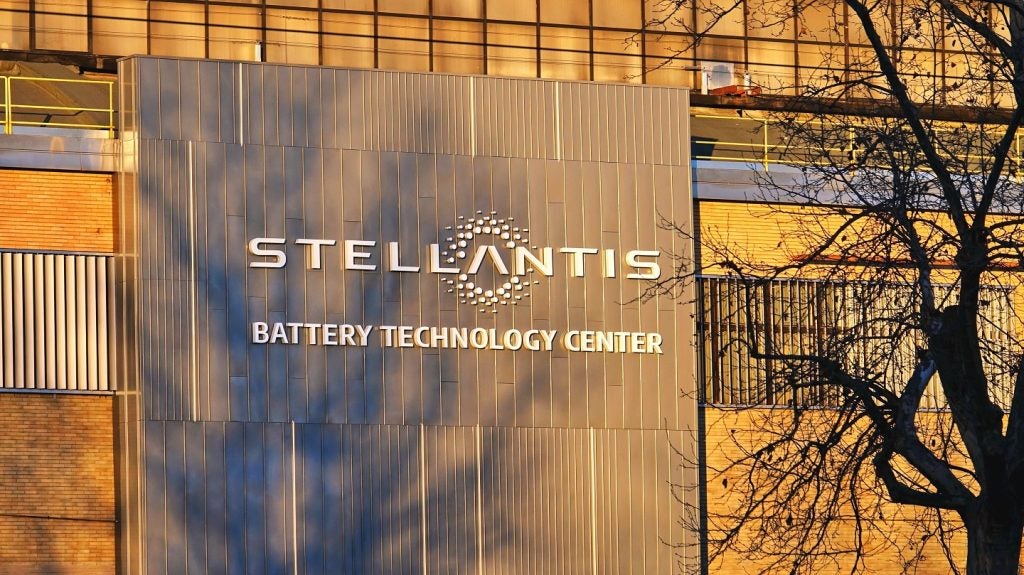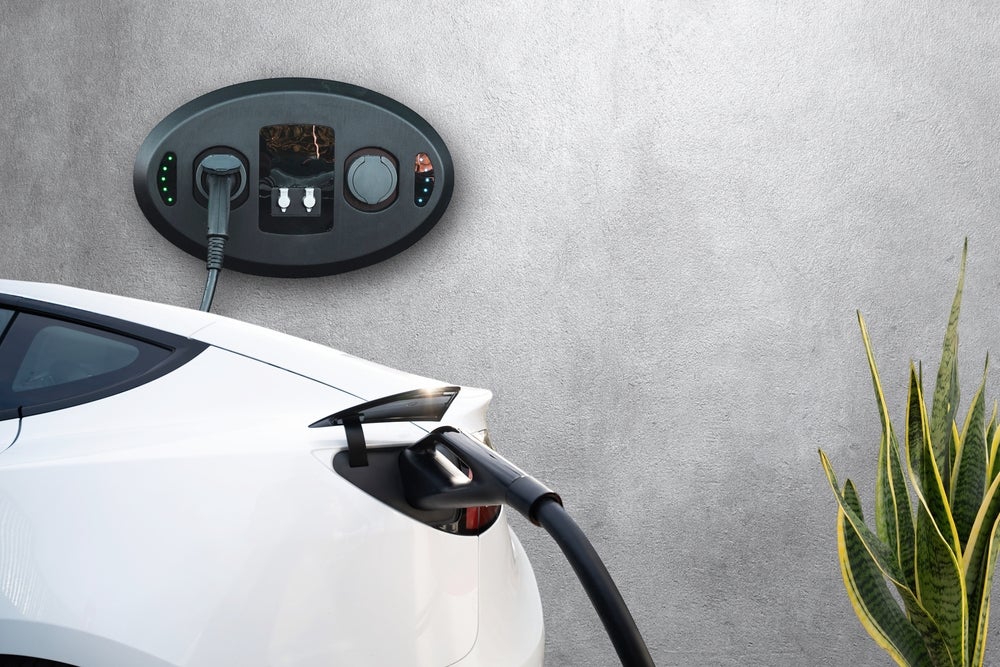AutoTrader’s latest research shows that consumer demand for electric vehicles (EVs) on the marketplace has remained unaffected by the government’s delay to the ban on new petrol and diesel cars, with interest in EVs remaining steady throughout September. The electric share of new car advert views on Auto Trader hovered around 4.3%, and in the second-hand market, demand for EVs increased circa 87% year-on-year.
However, highlighting the uncertainty caused by the announcement, many retailers and consumers are now planning to delay their switch to electric in response, despite the strict Zero Emission Vehicle (ZEV) mandate remaining in place. In fact, more than a third (37%) of consumers said they’re unlikely ever to buy an EV, up from 21% just two years ago, whilst one in five (20%) independent retailers stated the extension has made them less likely to stock EVs.

Looking at the general sentiment of the decision, retailers are mostly in favour of pushing back the deadline with three quarters (75%) agreeing with the delay. When split between independent and franchise businesses, slight differences emerge; potentially reflecting their readiness to make the switch, almost a fifth (18%) of franchised retailers disagreed with the U-turn, compared with just 15% of their independent counterparts.
ZEV confusion
Rishi Sunak’s delay announcement was swiftly followed by confirmation that the ZEV mandate for cars would not change. However, our research shows that a significant 60% of retailers weren’t aware it remained in place, which increases to over three quarters (77%) of independent businesses (vs 46% of franchised). Concerningly, given the influence it will have over stock dynamics in the coming years, over a third (39%) of retailers weren’t even sure what the ZEV mandate is. This breaks down to almost half (46%) of independent retailers and a quarter (25%) of franchised retailers.
With the ZEV mandate remaining in place, and the ongoing ‘de-fleeting’ of the hundreds of thousands of electric vehicles sold over the last three years, the volume of both new and used cars entering the retail market is set to increase rapidly. Leasing companies too are already investing in their sustainability strategies to reduce their overall carbon emissions in their fleets.
However, both franchised and independent retailers said the delay to the ban would impact their stocking decisions, with almost a quarter (22%) of franchise retailers saying they would stock fewer electric cars as a result. Almost half (48%) of independent retailers who answered the survey said they don’t currently hold electric stock at all, and that the PM’s announcement made them less likely to do so. Encouragingly, 28% of franchised retailers said they wouldn’t change their stocking strategy.
How well do you really know your competitors?
Access the most comprehensive Company Profiles on the market, powered by GlobalData. Save hours of research. Gain competitive edge.

Thank you!
Your download email will arrive shortly
Not ready to buy yet? Download a free sample
We are confident about the unique quality of our Company Profiles. However, we want you to make the most beneficial decision for your business, so we offer a free sample that you can download by submitting the below form
By GlobalDataU-turn has yet to impact EV interest, but many are considering putting a switch on hold
And it’s not just retailers who the delay has influenced. Out of nearly 4,000 car buyers surveyed shortly after the announcement, 37% said they’re unlikely to ever buy an electric vehicle, up significantly from 21% when the 2030 ban was announced in 2021. Similarly, those saying they’ll buy an electric vehicle by 2035 is now at 39%, down from the 49% of respondents who, in 2021, said they’d go electric by 2030.
Despite its influence on behaviour, consumer understanding about the ban is low, with almost three quarters (70%) not realising the policy relates to new cars only. Survey results show that the 65-74 age bracket is the most informed with over half (57%) knowing the ban applied to just brand-new cars, compared to less than a quarter (23%) of 17–24-year-olds.
With the ZEV mandate still firmly in place, the UK’s timetable for electrification remains unchanged. And whilst it’s reassuring that in-market EV buyers haven’t been perturbed by headline policy changes, a change in expected behaviour from both retailers and car buyers highlights the confusion and the potential complication the delay has added to what was already a challenge for the industry.









Related Company Profiles
Auto Trader Group plc